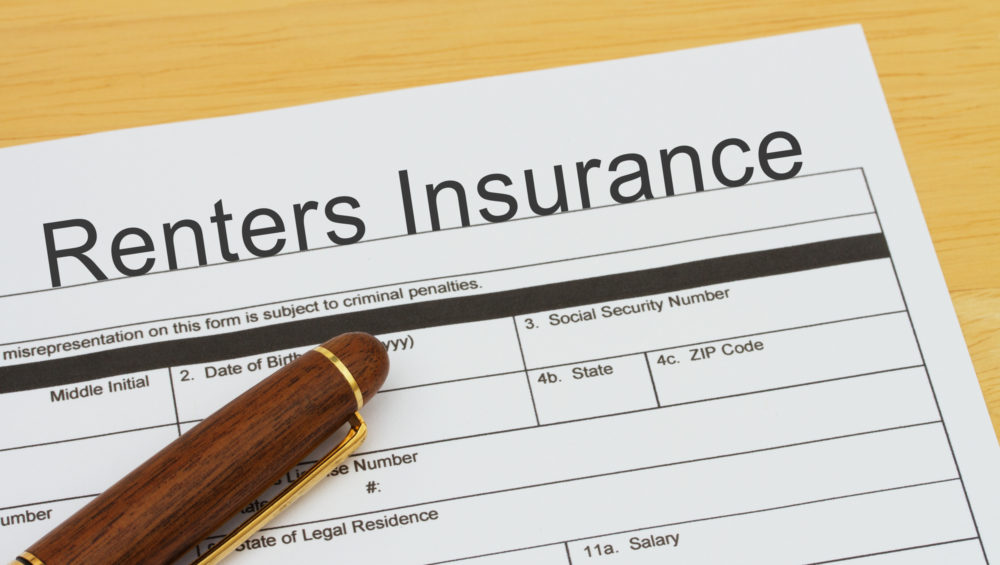According to the latest census, there are about 44 million tenant-occupied households in the US. A survey shows that among these home renters, over 25 million have running renter’s insurance. While renter’s insurance benefits look out for the tenant’s belongings and welfare, they also extend to the landlords. Moreover, this policy also contributes immensely to overall property management.
Landlord insurance cover losses in case of damages resulting from a fire, criminal activities, floods, and more. But, there is more reason for you to encourage your tenants to buy renter’s insurance.
This post explores the top benefits of tenant insurance for the landlord.
1. Covers Renter’s Relocation Costs
In some states such as California, the law requires the landlord to cover a tenant’s relocation fee. For example, a fire can break out and damage one of your renter’s houses. If they have to move due to the extensive damage and other factors, you will cover their relocation expenses.
While some states don’t have such regulations, you may feel obligated to help your tenant in such circumstances. Part of your assistance could revolve around shouldering their relocation costs.
Renter’s insurance goes a long way in ensuring that this doesn’t happen. If a fire damages your tenant’s premises, the insurance pays for their accommodation elsewhere as your repair the house.
2. Minimizes the Risk of a Lawsuit
Your landlord liability policy may not protect you if someone sustains injuries within your property due to your tenant’s negligence. It may also not step in the case of property damage resulting from the carelessness of one of your renters.
When your tenants take out a renter’s policy, it reduces the risk of a lawsuit. For example, a visitor may sustain a horrible injury while on your property. You may not have to do anything with how they got injured. However, one of your tenant’s negligence could have led to the horrific event.
The visitor could decide to sue you because the accident occurred on your property. If the tenant has a renter’s policy, it will step in and cover the guest’s medical expenses and other needs. As a result, they’ll not see the need to sue you.
3. Protects You from Property Damages
Disasters such as fire could damage your tenant’s house. This may not be your fault or the tenant’s negligence. In such an event, your landlord policy will not cover the damage to your tenant’s belongings. Consequently, the renters could decide to hold you responsible for their losses.
If the tenants have a renter’s policy, you don’t need to worry about replacing their damaged belongings. The renter’s insurance could cover their losses. Requiring your tenants to take out a renter’s policy puts you at ease in cases of such unfortunate events.
4. Makes Your Rental Property a Safe Pet Dwelling
Pets have become valued family members for most American households. A 2021-2022 American Pet Products Association survey showed that 90.5 million families keep a pet. This is equivalent to 70% of all American households.
As a landlord, you may have reservations about allowing tenants who keep pets into your property. You may be afraid of what will happen if a tenant’s pet damages another renter’s property.
However, this reduces the pool of renters you will attract significantly. More so, most potential tenants with pets will only consider renting in a residence that welcomes their pets.
Rental insurance covers the risks that emanate from dog bites and pet damage. All renter’s policies are not equal. Ensuring that your tenants have a policy that covers these types of situations is paramount.
Renter’s home insurance allows you to accommodate more renters with pets. You don’t need to keep turning down potential rental income because you cannot allow pets within your property.
5. Reduces the Chances of Your Insurer Increasing Premiums
Some landlord insurance providers may increase your premiums after settling a claim. Also, they may refuse to renew your policy. They always have their reasons for doing this, perhaps they feel that the premiums you are paying are too low.
Usually, a renter’s policy shoulders some of the costs that result from property damage. Your landlord’s policy doesn’t have to cover everything. If your tenants have their own policy, your provider may never have a reason to cancel your policy or increase your premiums.
Adding a Renter’s Insurance Clause in Your Lease Agreement
Adding a renter’s insurance clause will undoubtedly ease some of your property management challenges. The clause will require any person who intends to rent your property to buy a renter’s insurance policy.
Although state laws may not necessarily require your tenants to have renter’s insurance, adding it to your lease agreement is legal. It is a standard procedure like many regulations that a landlord chooses to put in a lease agreement.
However, there are a few exemptions to requiring renter’s insurance. For example, if your tenant is part of a subsidized program, they don’t need to have a renter’s home insurance. This is because the renter or the property will be receiving some form of funding.
Once you add a renter’s insurance clause in the lease agreement, you can always ask your new clients for proof of insurance.
Renter’s Insurance Benefits for Property Management
As a landlord, you probably want to work with the best property management providers. The renter’s insurance benefits in this post simplifies your property management responsibilities.
Renter’s insurance plays an integral role in providing a conducive property management environment. Requiring your tenants to take a renter’s policy, ensures that everything runs smoothly even when you are not managing your property directly.
Founded in 2002, we have an extensive experience in property management. Most of our clients are highly satisfied with the services that we provide for them. As a result, we manage over 3500 properties owned by local, domestic and foreign investors.
If you are looking for a property management company that will help you make the best decisions, contact us today.



